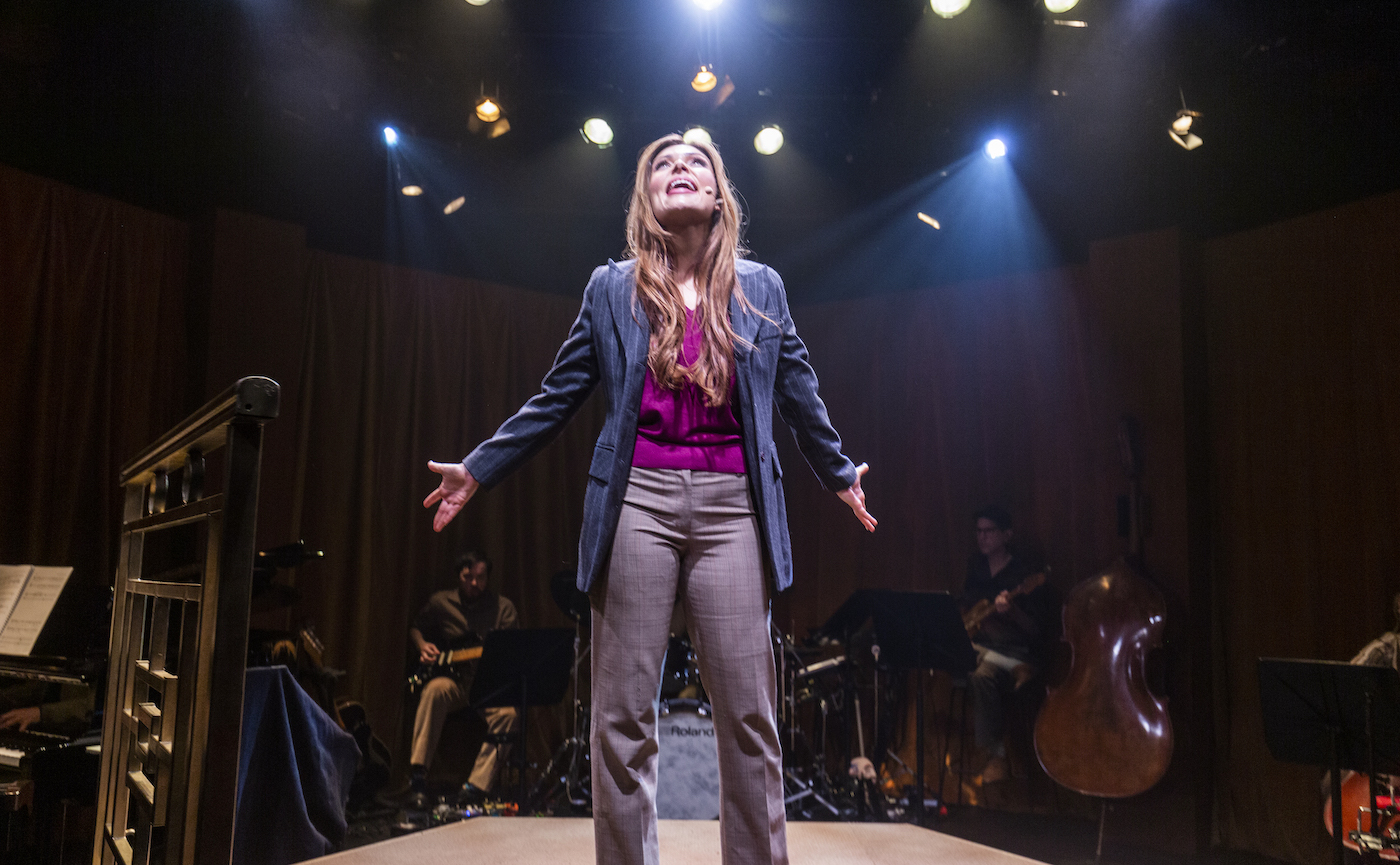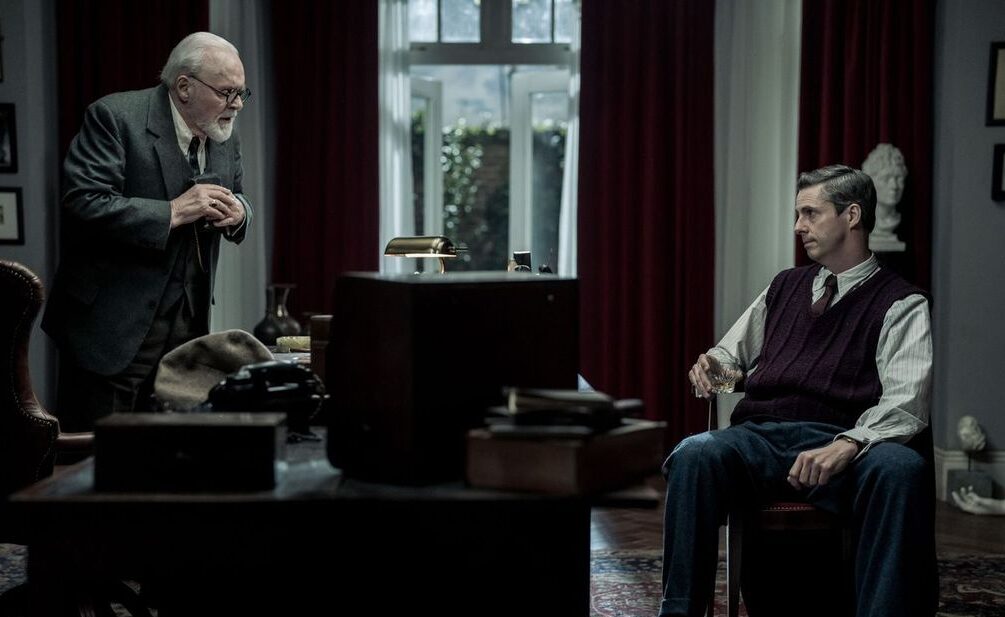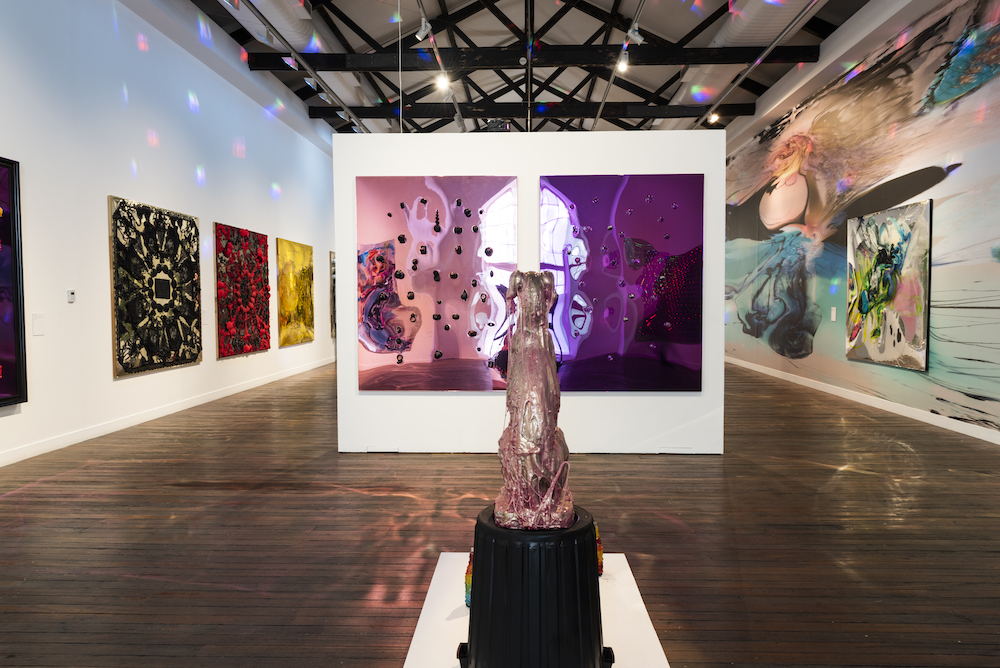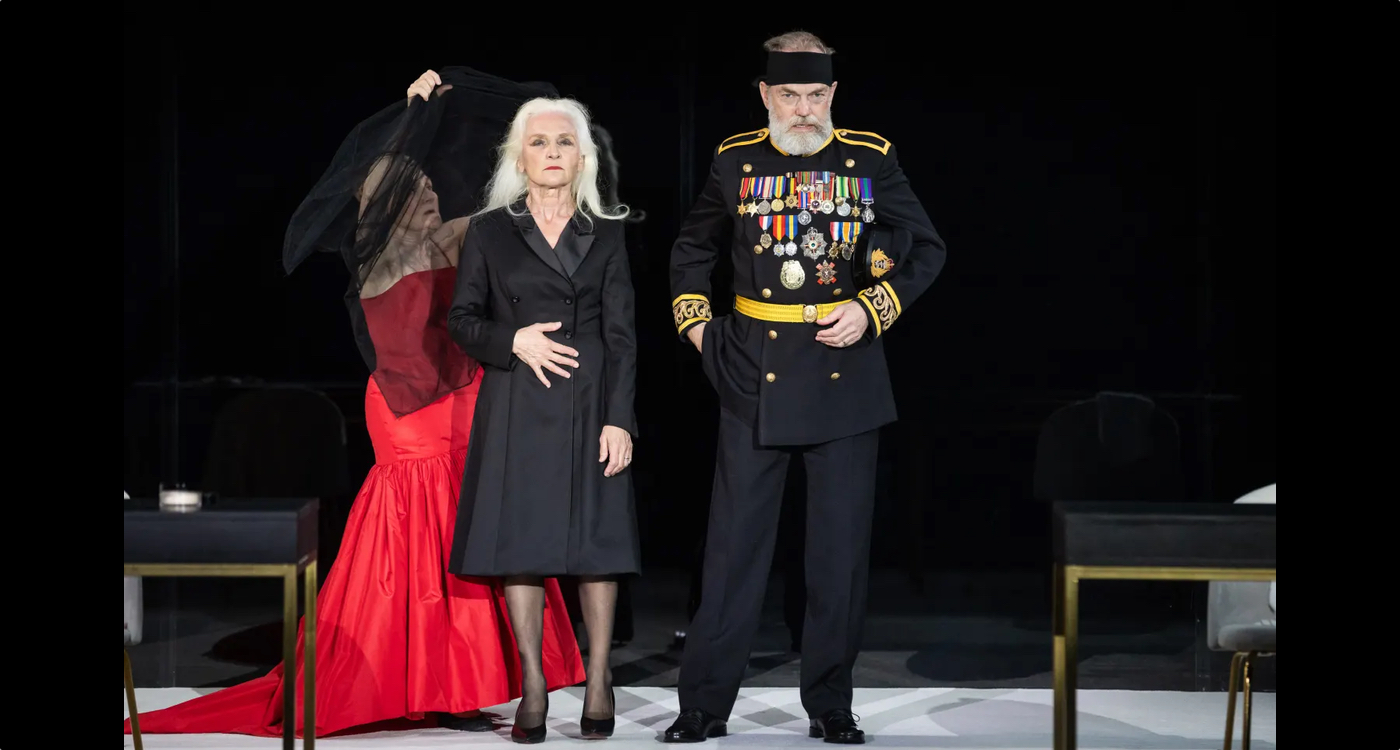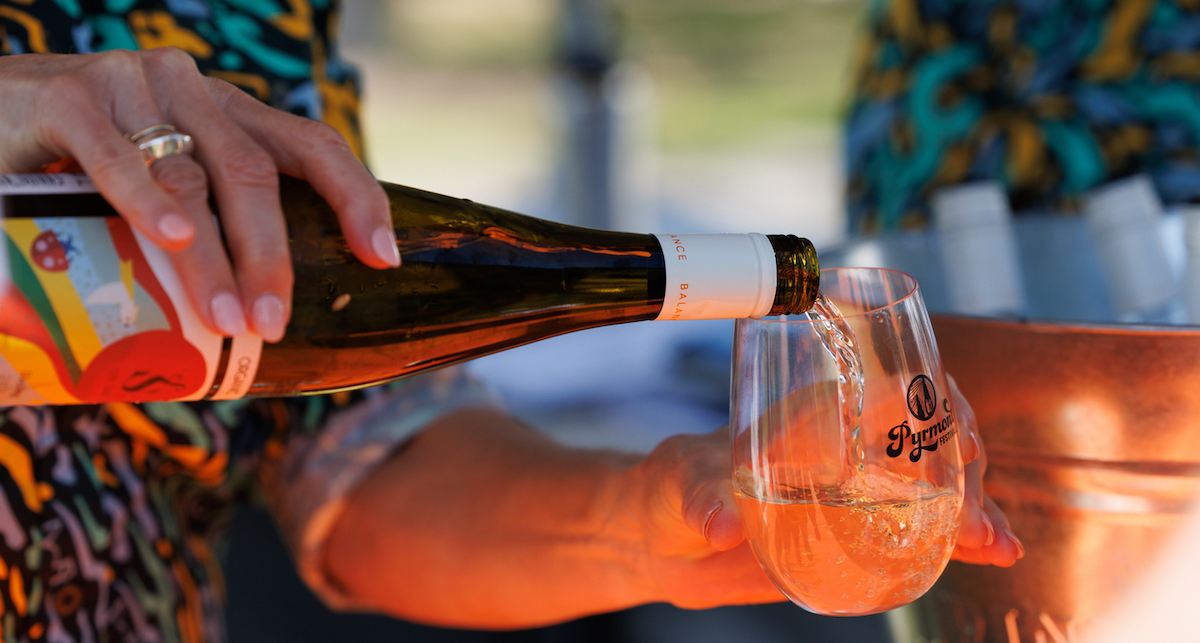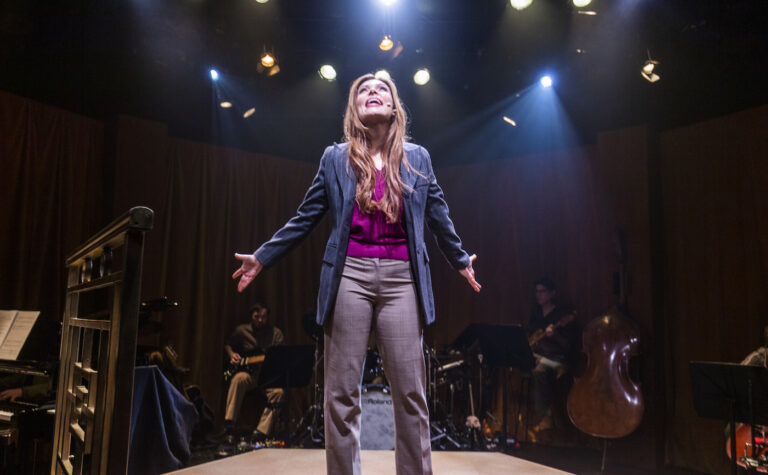
Saving Sydney’s Late Night Culture

A diversity of venues and punters who take more decisive action than “ranting and raving on social media” could be a remedy for the troublesome imbalance of the city’s flailing late night culture.
In the 16 months since the introduction of the Sydney CBD lockout laws, the government has released figures which show significant reductions in a number of alcohol related crimes. However what they do not show is the dramatic impact these laws have had on dimming the vibrancy of the city’s late night culture.
Speaking to the people who are out and about in the city every week in many different roles within the late night entertainment industry, there is one constant sentiment: our late night culture is suffering immensely.
Musician and DJ Barnabas Hodgson, who has performed in Sydney and internationally for the past 15 years under the moniker Kato, echoed the thoughts of many in the industry: “Before [the lockout laws] Sydney was world class in terms of music, nightlife and late night culture but now it’s draconian and not exciting. Sydney is a big city and one of the world’s capitals, but we’re making it look like a big country town.”
Scott James works for Ministry of Sound in their promotion arm and as an artist liaison for venue Chinese Laundry, he has seen the dramatic fall in crowd numbers first hand. “Being in the city every weekend, whether working or as a punter, I’ve definitely noticed there’s less foot and car traffic,” he said. “Over a year ago it would be impossible to park on the street, now it’s pretty simple.”
With crowds moving away from the traditional entertainment precinct and City of Sydney studies showing that foot traffic has decreased in the order of 84 percent, we’ve seen a number of clubs closing recently. Hugo’s Lounge being the most recent scalp.
For event promotors such as Kiran De Silva, the closure of venues is devastating. He has worked on all levels of the late night entertainment scene in his seven years, climbing the ladder from street promotor to running his own event, Meanwhile, with partner Alastair Green in Eskineville. “The hospitality industry is a huge, huge industry and employment asset. Bars and clubs have for decades been employment opportunities for uni students so they can study during the day and work at night. So this downsizing of late night culture doesn’t really have any positive impact for anybody,” said De Silva.
Musicians and artists are also suffering with the reduced number of venues and opportunities. “As a DJ myself, the current climate means there is no guarantee of work so you have to stay on your feet, be prepared to be turned upside down whenever a gig evaporates and find a new gig or starve for a few weeks,” explained Hodgson. This is a deeply concerning development for emerging artists who now also face more competition for openings in the more stable venues.
“As a country we’re producing some of the best electronic acts in the world at the moment,” said De Silva. “All of those artists started in local clubs, that’s where they grow, build a profile and showcase their music and talent so from that perspective it [closure of venues] is a massive limiting in our music culture.”
Following the implementation of the new rules, the government has inadvertently shifted a large proportion of the crowd outside of the CBD into more suburban and residential areas such as the inner west – Newtown and Erskineville in particular. With this sudden shift in the crowd culture spilling into these suburbs, State Member for Newtown Jenny Leong has been spurred to put forward a proposal that calls for more late night venues spread across the city rather than imposing expanded restrictions on further suburbs.
“What we need to be looking at is encouraging a diversity of venues, that might mean more late night entertainment venues, more live music venues or even other creative spaces that are open late into the night. This will mean that it’s not just about going out to get drunk, but it’s actually about going out to enjoy a range of activities… We need to move to look at ways to protect the vibrancy and diversity that is our city,” said Leong.
Kiran De Silva responded to this proposal by saying: “That might be the first sensible thing anyone in the government has actually said about the issue. We as event runners and managers have been saying this from the beginning, if you slim down peoples’ options you create bottlenecks. Especially when you’re talking about events and parties moving into areas that aren’t equipped with the right infrastructure for large crowds.”
As we look into the future of the late night culture of our city, thankfully everyone appears to be coming together on the same page to help rebuild the vibrancy and diversity that made Sydney so special in the past. Until we find the perfect solution however, it is crucial that you support your favourite venues. As Scott James put it: “Posting negative comments, ranting and raving on social media isn’t going to do anything. Getting off your chair or out of bed and going to the venue you love is going to keep that business alive.”




